After making it in the US, Andrew Liveris knows manufacturing
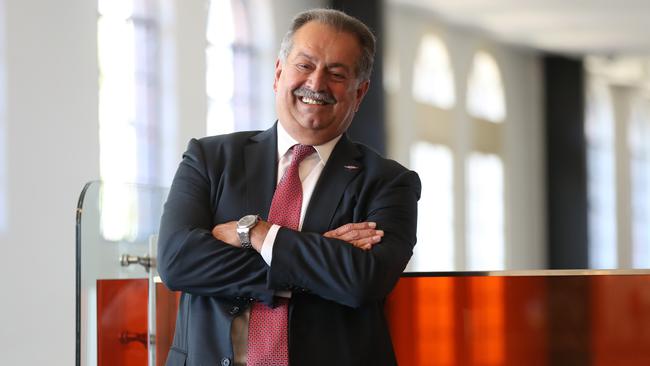
In June, the leaked interim report proffered a gas-led recovery with the government underwriting gas volumes and pipelines, the lifting of moratoriums, and a gas price of just $4 a gigajoule.
Since then there have been squeals from many sides: the gas sector hates $4 and fears intervention; the greens are crying foul over gas leading anything and at vested interests in energy and industrial involved in the commission. Even commission chairman Nev Power cautioned that the report was a “very early draft”.
Andrew Liveris expects change. Apart from anything else, the government is demanding cheaper energy. The former chairman and CEO at Dow is now leading the Northern Territory’s Economic Reconstruction Commission and remains an adviser to the COVID-19 commission. And he has done manufacturing recoveries before, for US presidents Barack Obama and Donald Trump, where the issues went far beyond energy.
Liveris insists that his path to a viable long-term manufacturing sector in Australia is not about subsidies. “Not tariffs, not subsidies, not protectionism. We are a high-quality nation. Our labour is expensive and should be,” he says with emphasis.
“We want a high quality of life for everybody. So what type of jobs can we create in the country? And what is our competitive advantage? These are the questions I was asked to help answer.”
You would have to live under a big slab of shale not to know that Liveris has a strong view on gas prices. For years, he has lobbied successive Australian governments on how globalisation drove an obsession with exports leading to failure in the domestic market.
“You look at all this natural gas we have and we’re shipping it all away and we’re charging ourselves more for electricity based on that cheap natural gas than they are in Tokyo. Now I have experience in fixing that in countries as diverse as the US, the UK and Argentina.”
Liveris says the polices are not all that difficult, but they need co-ordination that Australia has so far lacked. “The states run the onshore provinces, the basins and the fed has only jurisdiction over the territories and offshore, so we’ve got to get that fixed. This burning platform has given us the chance to do it. My experience has shown me the pathways to get to as low as $4 a gigajoule are here.
“These policies, done right, I’ve seen elsewhere can get us world-competitive gas prices.”
When pushed on why his policies are not just subsidies for manufacturers at the expense of the gas sector, Liveris is prepared to go 12 rounds: “Ah, please go study the US, the UK, Argentina and Germany for that matter: no subsidies. Supply goes offshore because it can’t get to local demand: the Incitec Pivots go and build in Louisiana. So market economics 101, let’s bolt up supply and demand.
“And let’s make it possible for the producers to make a return. I mean, I’m a businessman, I’m not going to put people at production in losing economics. It has to make economic sense. This is a pathway to make economic sense at $6 and $4.”
Beyond energy, Liveris believes that globalisation, at times almost for its own sake, has taken countries off piste.
“We developed a global economy based on finance and money. Well the creators of money are who? The investors, the producers of goods. And everyone missed it. In the US the economy went down to about 11 per cent of being manufacturing. When I joined Dow it was at 35 per cent.
“We drank the Kool-Aid from management consultants. We started learning about productivity, and productivity is the enemy of invention. If you said to Jeff Bezos, be productive, he would never have created the business model. This tussle that goes on in a country’s culture, doing it at the lowest cost and being productive, versus being the creative and the most inventive — productivity had won in the US.”
The result, says Liveris, was that new jobs in new technologies regressed to Silicon Valley and with a nod to the Boston Corridor, as the US lost out on manufacturing from batteries to renewables to the planned economies of Japan, East Asia, China and Germany.
Undeterred, in 2011 he wrote a book. Make it in America sets out what needed to do be done to revitalise the US economy. “Tax policy, regulatory policy, trading policy, energy policy, labour and skills policy, just chapter by chapter. If you do all of these — you need to do all of them.”
As adviser to two US presidents, Liveris is most proud of the longer-term policies picked up by Obama. Eleven manufacturing institute hubs were built across the country that amplified to create 1.5 million jobs. “I would give president Obama and his team great credit. He didn’t have the appetite to take on the tax topic, regulation, infrastructure or trade.”
Trump did. Two days after Trump was elected in 2016, Liveris got the call to appear at Trump Tower. “We have this meeting with his key lieutenants there,” he recalls, “all electees, Vice President [Mike] Pence, Jared Kushner, Ivanka [Trump] was there and President Trump, and there was my book in front of him. And he said ‘OK, I want these things done and I want you to do it’. I said ‘Yes, Mr President’.”
As head of Trump’s Manufacturing Council, Liveris pushed “fair trade” over free trade, reform on tax and red tape and leveraging the Shale Gale of cheap energy. Before COVID-19 hit, unemployment, wage growth and GDP were all in the threes and Liveris gives Trump an A. “What is really difficult about that is you have got to divorce yourself from the character and the person and look at the policies,” he adds. “On a business basis, they’re the best policies for business in the world.”
This year, COVID-19 has been the crushing blow to the US and the handling of the crisis will play into the November election. Liveris admires the way Australia’s national cabinet has been able to respond in sharp contrast to the American states, many at odds with the Trump administration.
“This is the part of democracy that actually doesn’t work very well,” Liveris says. “On top of that, the issue that has been around the US for 150 years is inequality, especially racial inequality.
“Despite the business drivers for current business success, I do believe in November, America is going to make a choice around this notion of, I’ve got to get my whole population to a level of living and quality of life in an economy that is going to take two of three years to recover.”
A Democrat win may well bring policy changes. “What they can’t do, and I’m sitting here almost with hope rather than any degree of knowledge, is wind back the business drivers. Business and building things creates jobs. I think the new US president will keep those policies alive.”

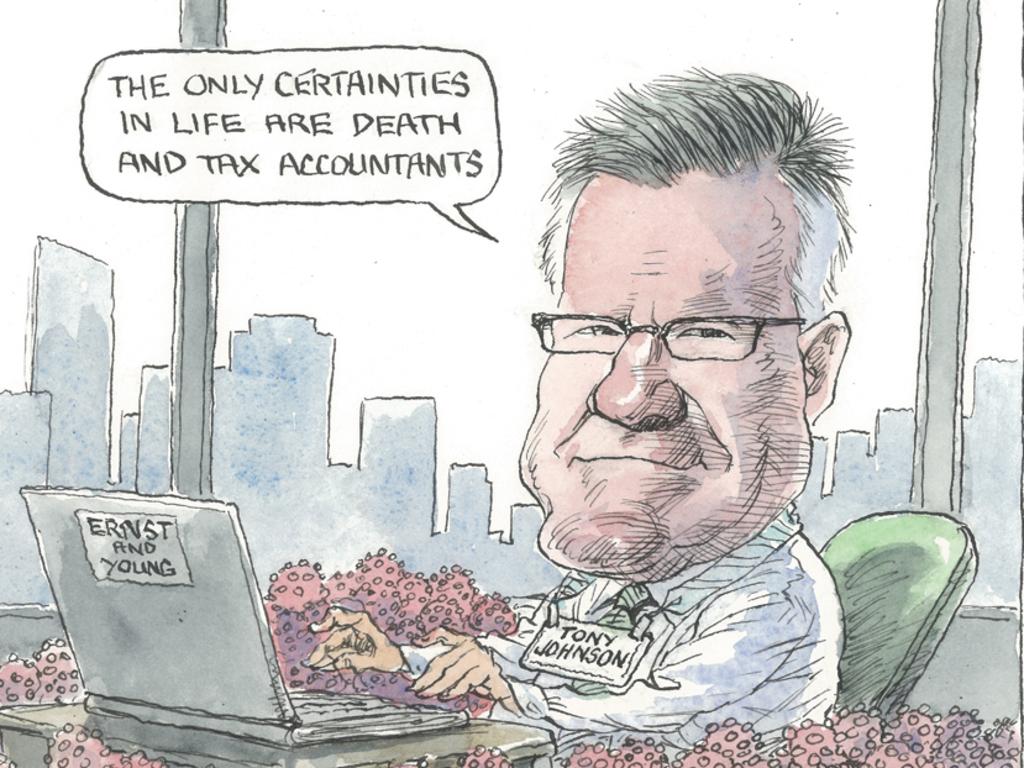
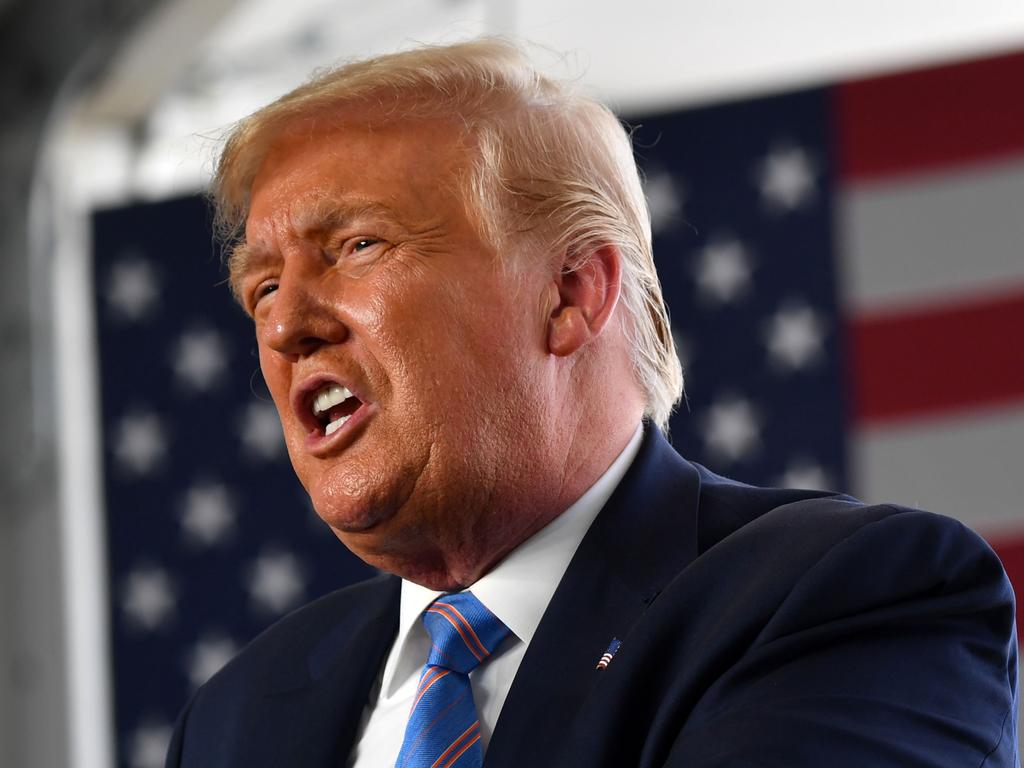
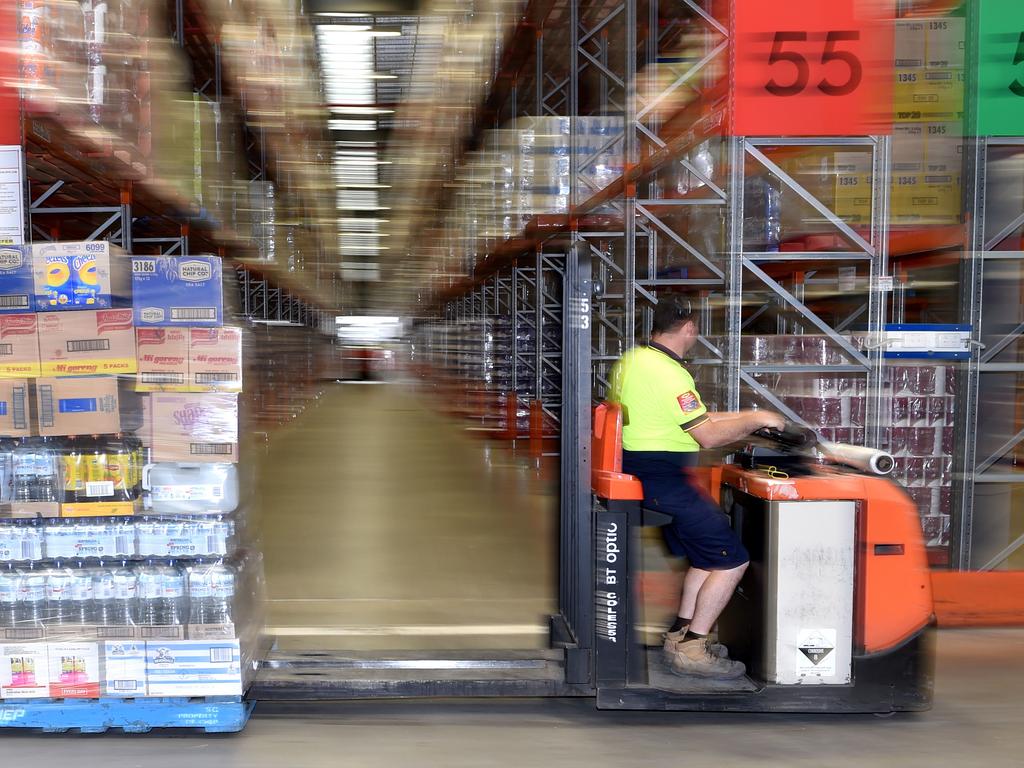
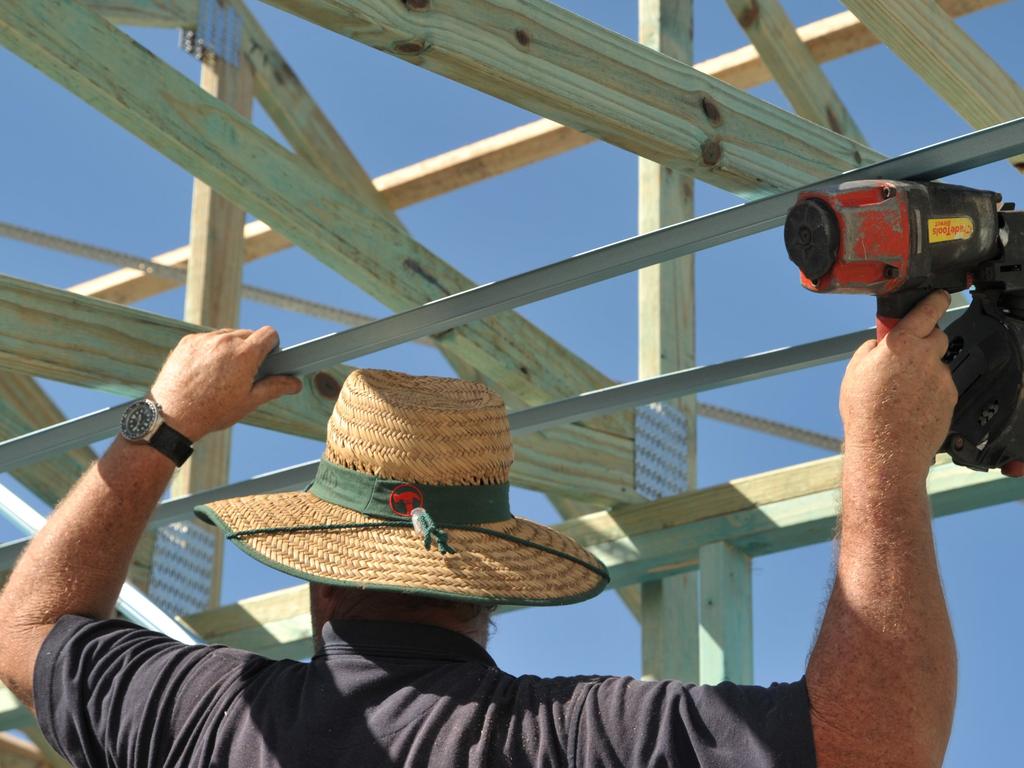


There is a report with recommendations for the recovery burning quite a hole in the government’s in tray. It is the work of the National COVID-19 Commission manufacturing taskforce and there is much at stake for manufacturing, for energy and hopefully, jobs.